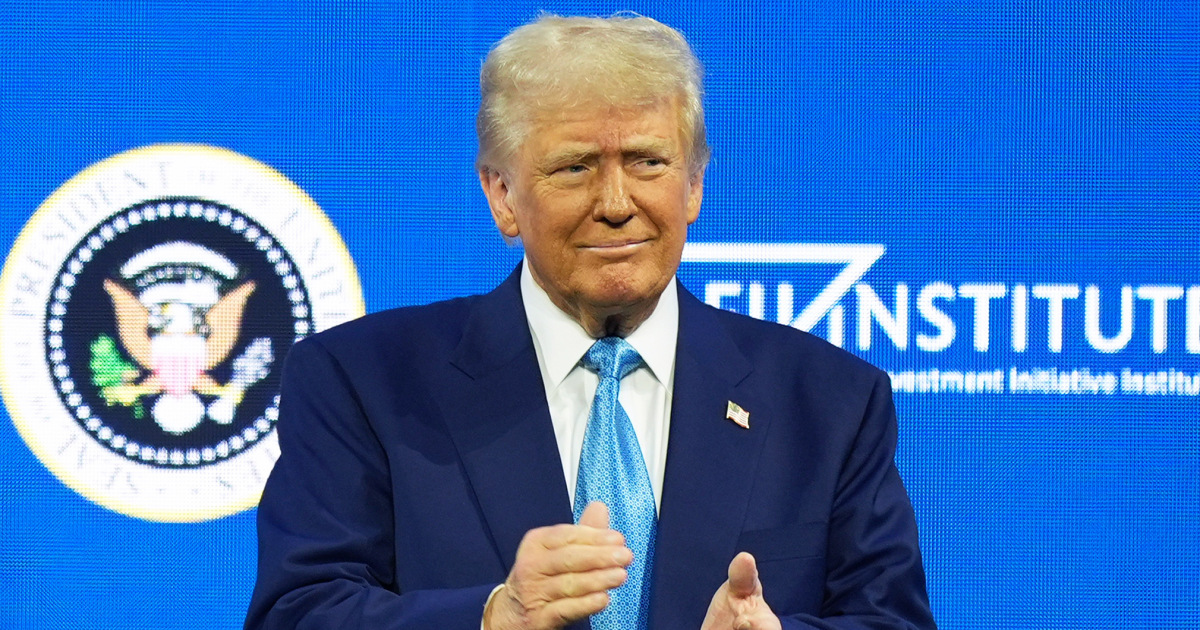Key takeaways:
- Former President Donald Trump’s executive order to overhaul election systems has led to legal challenges from the Democratic National Committee and two nonprofits, claiming it is unconstitutional and could disrupt election processes.
- Trump has suggested the possibility of seeking a third term, despite constitutional limits, referencing “methods” that might allow for an extension beyond the two-term limit set by the U.S. Constitution.
- Legal experts, like NYU’s Noah Rosenblum, emphasize the significance of these developments, noting that extending a president’s tenure beyond two terms would deviate from historical precedent and impact the constitutional framework.
In recent developments, former President Donald Trump’s executive order aimed at overhauling the nation’s election systems has sparked legal challenges. On Monday, the Democratic National Committee, along with two nonprofit organizations, filed lawsuits claiming the order is unconstitutional. The legal actions argue that the executive order threatens to disrupt established election processes and could potentially disenfranchise millions of voters.
The controversy surrounding the executive order is compounded by Trump’s repeated suggestions that he might seek a third term in office. During an interview with NBC News, Trump hinted at the possibility of serving beyond the two-term limit set by the U.S. Constitution, citing “methods” that could allow for such an extension. This notion has been a recurring theme since his first reelection campaign, despite the constitutional constraints imposed by the 12th and 22nd Amendments.
Historically, Franklin D. Roosevelt remains the only U.S. president to have served more than two terms. Roosevelt’s presidency, which lasted from 1933 until his death in 1945, broke the longstanding tradition of a two-term limit. His unprecedented four-term tenure has been a point of reference in discussions about presidential term limits.
Legal experts, such as Noah Rosenblum, a legal historian and constitutional law professor at New York University, have highlighted the significance of these developments. Rosenblum notes that any attempt to extend a president’s tenure beyond two terms would be a departure from established precedent and could have profound implications for the constitutional framework governing U.S. presidential terms.



Be First to Comment